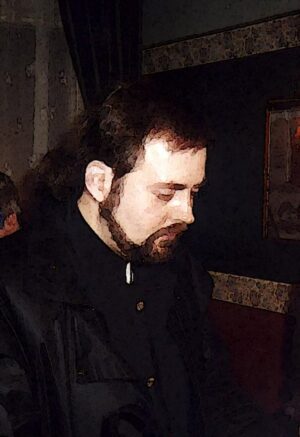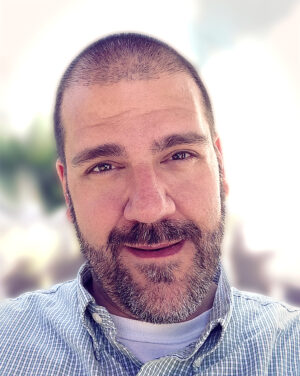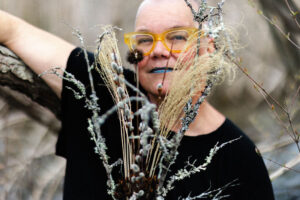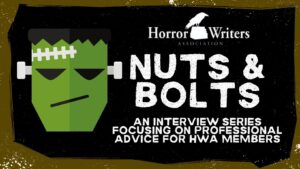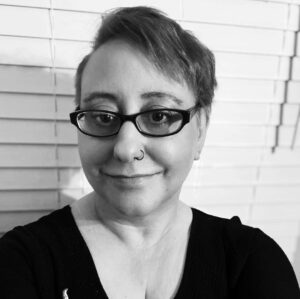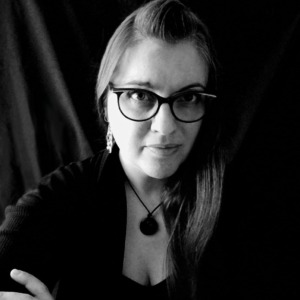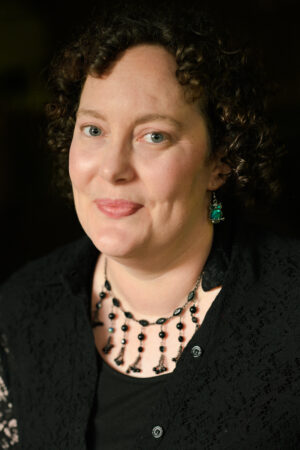A Point of Pride 2024: An Interview With J.P. Jackson
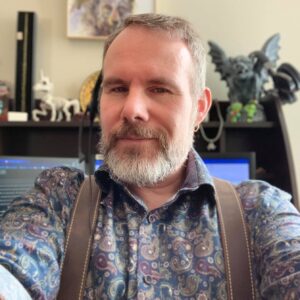
What inspired you to start writing?
I’ve always been a big reader. When I was in my teens, in the 80s, and figuring out who I was and my orientation, there weren’t any books that reflected me or guys like me. If there were gay characters they were side stories, often made out to be broken individuals, or mentally unstable, the first to die, or worse, the villain or antagonist of the story – because their sexual orientation made them that way. I didn’t like that. In my 40s, I started to review my accomplished bucket list of items and realized that writing had always been on there, but I hadn’t done anything about it. I started writing. But more importantly, I created worlds where the main characters were part of the LGBTQ+ world. I wanted people within my community to see that we could be the heroes. More importantly, I wanted the rest of the world to see that queer folk could be the heroes.

